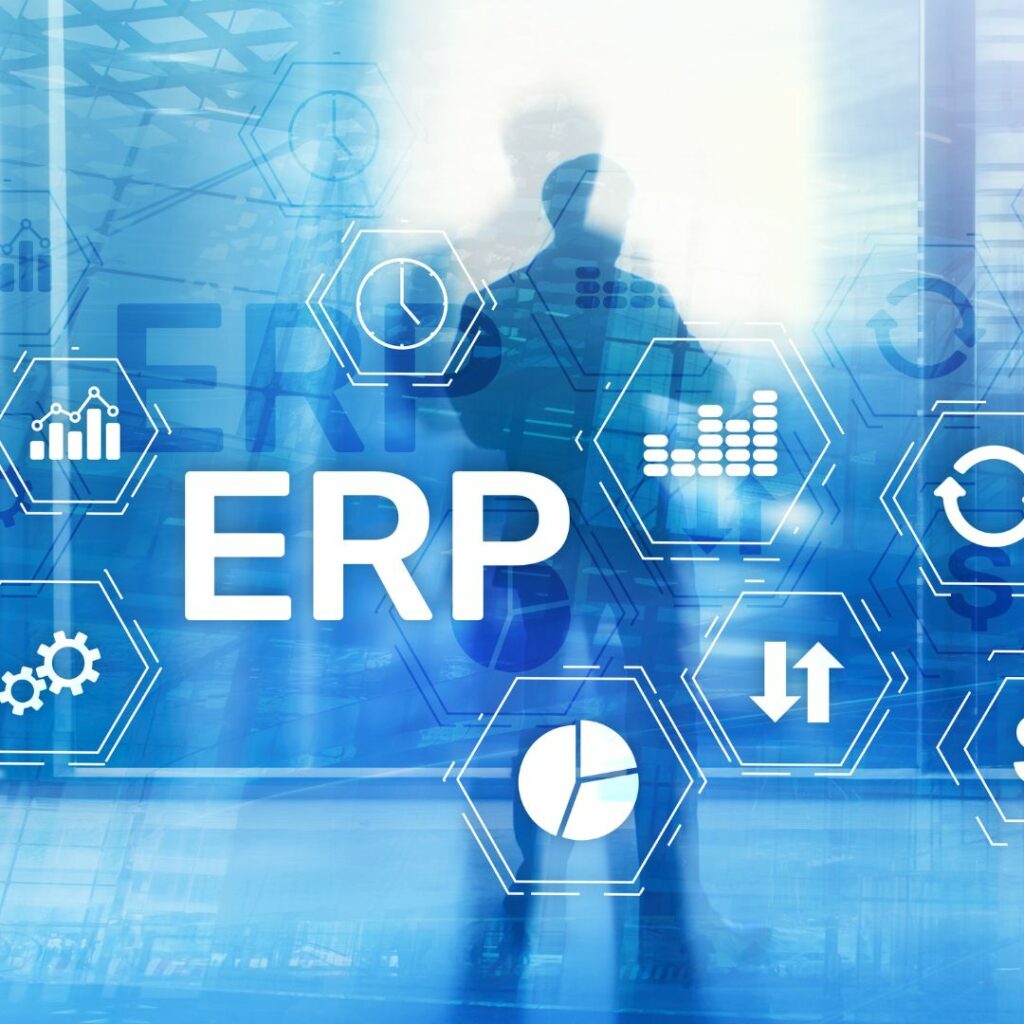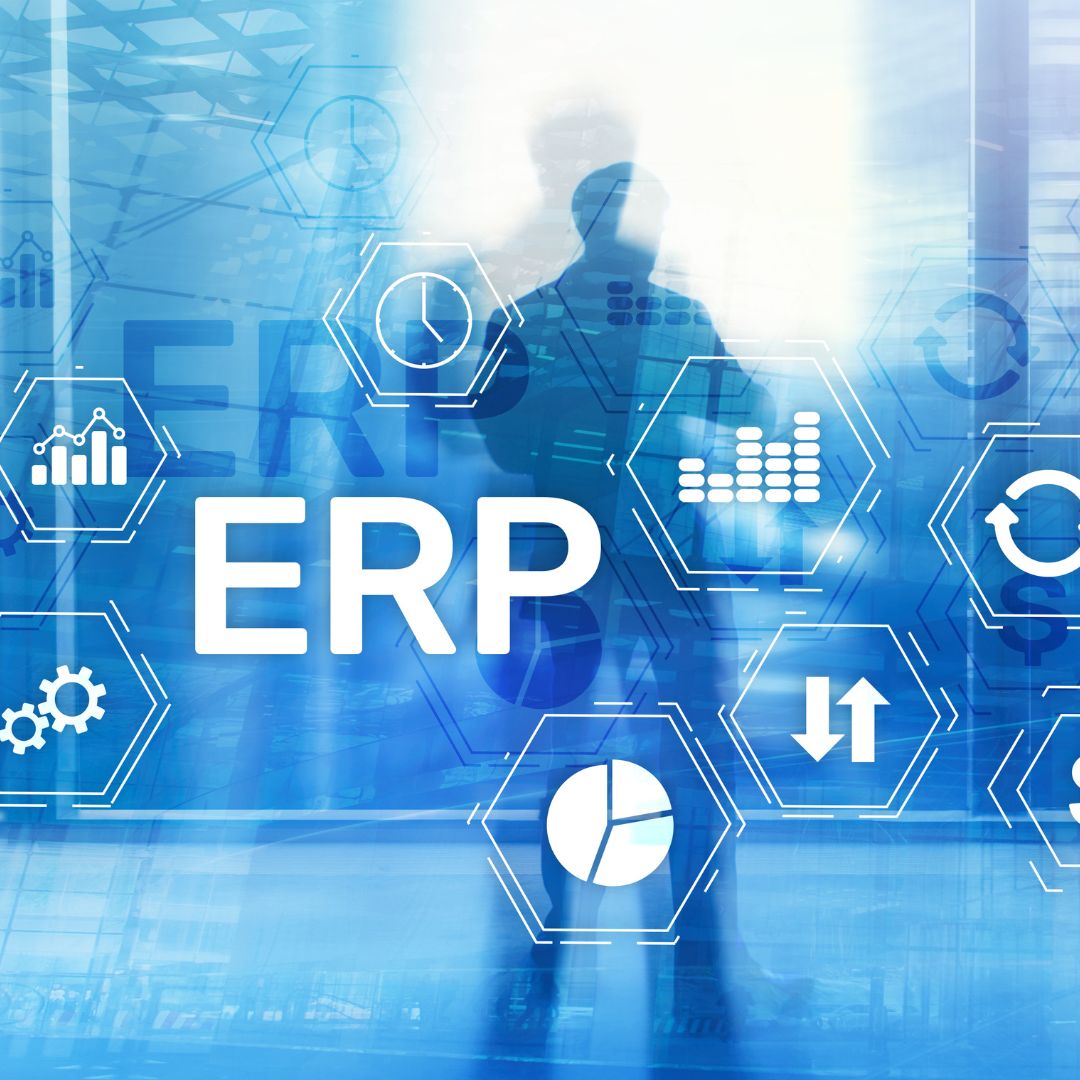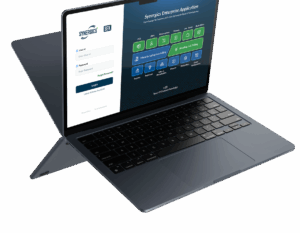
In the dynamic landscape of modern business, implementing an Enterprise Resource Planning (ERP) system has become a strategic necessity. However, choosing the right ERP vendor is a critical decision that can significantly impact your organization’s efficiency, productivity, and bottom line. To help you navigate this complex process, we’ve compiled a detailed guide to selecting the best ERP vendor for your business needs.
Understanding ERP Vendors and Their Importance
ERP vendors play a crucial role in providing software solutions that integrate and automate essential business functions. These systems streamline processes, enhance collaboration, and provide real-time insights, enabling organizations to make informed decisions and drive growth.
Factors to Consider When Selecting an ERP Vendor
- Business Requirements Assessment: Begin by conducting a thorough assessment of your organization’s current and future needs. Identify key pain points, areas for improvement, and strategic objectives that the ERP system should address.
- ERP System Fit: Look for a vendor whose ERP system aligns with your industry requirements and business processes. Consider factors such as industry specialization, scalability, and customization options.
- Vendor Reputation and Experience: Choose a vendor with a proven track record of successful ERP implementations. Look for customer testimonials, case studies, and industry recognition to gauge the vendor’s reputation.
- ERP System Features and Functionality: Evaluate the features and functionality offered by the ERP system. Ensure it meets your specific requirements, such as financial management, inventory control, supply chain management, and reporting capabilities.
- Ease of Integration: Select a vendor whose ERP system can seamlessly integrate with your existing software and systems. This ensures a smooth transition and minimizes disruptions to your business operations.
- User-Friendliness and Training: Consider the usability of the ERP system and the vendor’s training and support offerings. A user-friendly interface and comprehensive training programs can help maximize user adoption and ROI.
- Scalability and Future Growth: Choose an ERP system that can scale with your business as it grows. Consider factors such as multi-site support, cloud deployment options, and the ability to add new modules and features.
- Total Cost of Ownership (TCO): Evaluate the total cost of ownership, including upfront costs, ongoing maintenance fees, and support costs. Ensure the ERP system fits within your budget and provides a favorable return on investment (ROI).
Conclusion
Selecting the right ERP vendor is a complex process that requires careful consideration of various factors. By conducting a thorough assessment of your business needs, evaluating vendor options based on key criteria, and considering long-term scalability and ROI, you can make an informed decision that drives success and growth for your organization.












